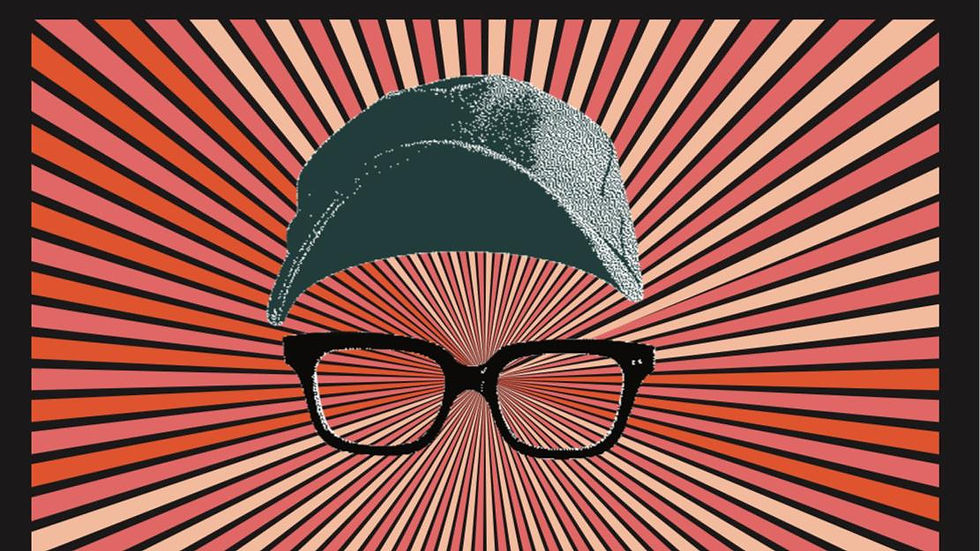Interview with Hershey Felder
- Yani Perez

- Dec 10, 2023
- 3 min read
Updated: Dec 13, 2023

Hersey Felder returns to the stage with his show Monsieur Chopin this season. I had the pleasure of asking him a few questions about bringing Chopin to modern audiences as well as his process and upcoming work.
Monsieur Chopin is so well-informed, how long was your research process for the show? Do you often spend time researching for shows you create?
I always say that these things take two years and one’s whole life. And that really is true. I’ve always felt the need to be properly informed about the characters I play, but when it comes to these particular ones, Chopin for instance, the knowledge is based on a lifetime of study as both a historian and a musician. The business of putting that into a living breathing character is then the work that is done alongside the continuous study of the material. Funnily, pianists (who don’t act or do this kind of thing) put little effort into knowing the basics, many don’t know much except for which pianist played a work this fast or that slow on what recording, which pianist messed up a passage live, which pianist sounds like what on YouTube, and little more. I’ve always believed that context of composition is necessary to understand more about the composer’s intent and also to give an essence of the music itself. Similarly, while any given passage of Shakespeare can resonate in contemporary times, knowing the context of creation can help inform the imagination.
What inspired you to write about Chopin? Why did you want to bring his story to audiences at this time?
From my first hearing of his music as a child on a television commercial (I was four years old) advertising trips to Poland, I was stunned and glued to his music. I had just begun studying piano and of course could not manage any Chopin at that point, but worked and worked until I could. As far as bringing the piece to audiences, I created the first version of this in 2006, and over the years shaped it. It is part of the repertoire of shows that I do, and it fit into this season’s schedule. Practical, really.
The play takes on an exploration of "playing music from the soul", what do you think was at the core of Chopin's heart and passion for music?
Communication of the human condition. He always said that music is a language of its own, and it communicates, And one must work to communicate.
The structure of the show was engaging and worked well. The storytelling was nicely interspersed, and the Q&A was so fun! What made you structure the show to include Q&A?
It wasn’t in the original version, but after the first performances almost twenty years ago, folks would stop me in the lobby on the way out with dozens and dozens of questions. It struck me - put that into the show. It is a class after all. Chopin was a teacher after all. He took questions and answered them. There is also a charm to the teacher who does that and is generous about answers. And Chopin was nothing if not charming (when he was in good spirits!)

You've done a few shows about famous composers, will there be more? If so, do you know who will be next?
Yes, there are 16 characters at this point, 12 are live, four more on film - but I do have the next one. It’s called STALIN’S COMPOSER, and it is about SHOSTAKOVICH and what he faced in Soviet Russia. A fun little jaunt :) :) Stay tuned!

Thank you for taking the time to discuss your work. We wish you a wonderful show run!
Monsieur Chopin runs until December 24th and this a show you do not want to miss!
"Monsieur Chopin"
Written and Performed by Hershey Felder
Directed by Joel Zwick
59E59 Theaters (59 E 59th Street, New York)
November 16- December 24

Yani Perez, M.F.A, is a poet, playwright, translator, and educator. Her plays have been presented in various theaters in the United States such as La Mama and Yale University as well as internationally in Bogotá, Colombia. She works at IATI Theater, one of the oldest Latinx theaters in NYC. She is currently working on translations of Latinx artists in hopes of introducing them to English-speaking audiences.



Comments